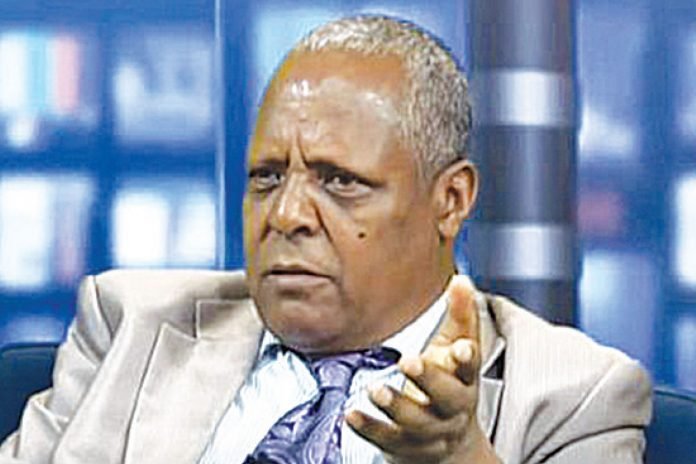Ethiopia frees prominent opposition leader


![]()
Addis Ababa – Prominent Ethiopian opposition leader Merera Gudina was freed from jail on Wednesday after the government dropped charges against him as part of a wider prisoner amnesty, state media reported.
In his first reported comments after his release, Merera urged the government to hold “honest negotiations” with political organisations to consolidate a national consensus.
Merera is the first high-profile dissident to be freed since Prime Minister Hailemariam Desalegn announced earlier this month that Ethiopia would release an unspecified number of jailed “politicians.”
The detention of Merera, chairman of the opposition Oromo Federalist Congress (OFC), had become a cause celebre for members of the Oromo ethnic group.
In 2015, they began months of anti-government demonstrations that spread across Ethiopia, leaving hundreds dead and prompting parliament to declare a nationwide state of emergency.
“It would be good if the government conducts honest negotiations with political forces which have widespread support, in order to create a democratic Ethiopia that incorporates everyone equally,” he told the state-affiliated Fana Broadcast Corporate after his release from a prison outside the capital Addis Ababa.
A crowd of more than a thousand people greeted Merera as he arrived at his home on the outskirts of the city, an AFP videographer reported.
Some of the spectators chanted slogans calling for other jailed Oromo politicians to be freed.
Merera, 61, is among 528 people whose charges were dropped this week by Ethiopia’s attorney general this week.
Most of the others were accused of involvement in ethnic clashes in the country’s south.
Fana BC said Merera was among 115 federal prisoners released on Wednesday, although it remains unclear if the hundreds of others promised release were actually freed.
‘Widen democratic platform’
In an early January press conference alongside top officials from the ruling Ethiopian People’s Revolutionary Democratic Front, Hailemariam announced that jailed “politicians” would be released “in order to improve the national consensus and widen the democratic platform.”
Merera was taken into custody in 2016 shortly after returning from Europe where he spoke out at the European Parliament in Brussels about the state of emergency.
The government, saying he had violated the conditions of the state of emergency, charged him with a range of offences including inciting riots and plotting a coup.
Rights group Amnesty International welcomed Merera’s release but called for Ethiopia to free other “prisoners of conscience”.
Amnesty and other rights organisations, including the UN’s rights chief, have previously criticised Ethiopia for jailing people simply for voicing dissent.
“Hundreds of prisoners of conscience continue to languish in jail, accused or prosecuted for legitimate exercise of their freedom of expression or simply for standing up for human rights,” Amnesty’s Africa director, Netsanet Belay, said in a statement.
Earlier this week, Ethiopia announced it would also be pardoning convicted criminals within the next two months, but people involved in murder and property damage would not be eligible.